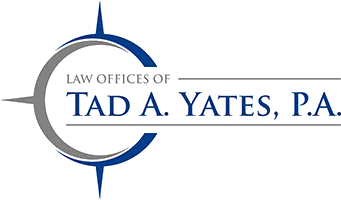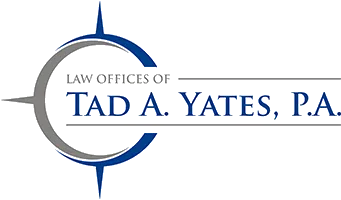
- posted: Oct. 15, 2022
- Criminal Defense
White-collar crimes involve the use of deceptive and surreptitious tactics or abuse of trust to acquire money and other property illegally, such as embezzlement, forgery, fraud, identity theft and money laundering. Depending on the amount of money or property diverted from rightful owners, punishment can include years in prison, hefty fines and other penalties. However, Florida law recognizes the importance of another goal of criminal justice — to recompense the victims for the losses they suffered. A defendant’s commitment to making restitution is an important factor that a court considers during sentencing.
Florida law requires courts to order defendants to make restitution to their victims for the damages they caused. In a white-collar case, that typically means reimbursing the victim for loss of money or property, although a victim may be entitled to restitution for other losses, such as when the crime causes physical or psychological injury.
In determining whether to order restitution and if so, in what amount, the court considers:
- The amount of money or property the victim lost as a result of the crime
- The defendant’s financial resources, present and future earning capacity and financial needs of the defendant and his dependents
Restitution may be made in a lump sum payment immediately upon sentencing or, if the court agrees, in installments.
A white-collar defendant’s willingness and ability to compensate the victims can play an important role in deciding the sentence to be imposed. Although Florida sets minimum sentences of imprisonment for most felonies, including non-violent ones, a court may impose a lesser sentence if it finds that there are mitigating circumstances that reasonably justify a downward departure from the minimum. Among the recognized mitigating factors is when the need for payment of restitution outweighs the need for a prison sentence.
Often, white-collar criminals have the means to restore some or all of their victims’ losses if they haven’t spent all of the proceeds of their crimes or if they continue to have gainful employment. If so, a skilled Florida criminal defense attorney can negotiate a plea deal with the prosecution or, after a conviction, make a showing to the court that will allow the defendant to receive a lighter prison sentence or even probation. The same argument may also be used to obtain a lighter sentence for a misdemeanor as well.
However, once the court grants an order of restitution, it is crucial that the defendant make the required payments on schedule. A willful failure to do so may result in probation or parole revocation and resentencing, which may lead to imprisonment.
If you are accused of a white-collar crime in Florida, The Law Offices of Tad A. Yates, P.A. in Orlando has the skill and experience you need in your defense. Mr. Yates will work hard to achieve the best outcome possible at every stage of the proceedings, including sentencing. Call us at 407-608-7777 or contact us online to schedule an initial consultation.


